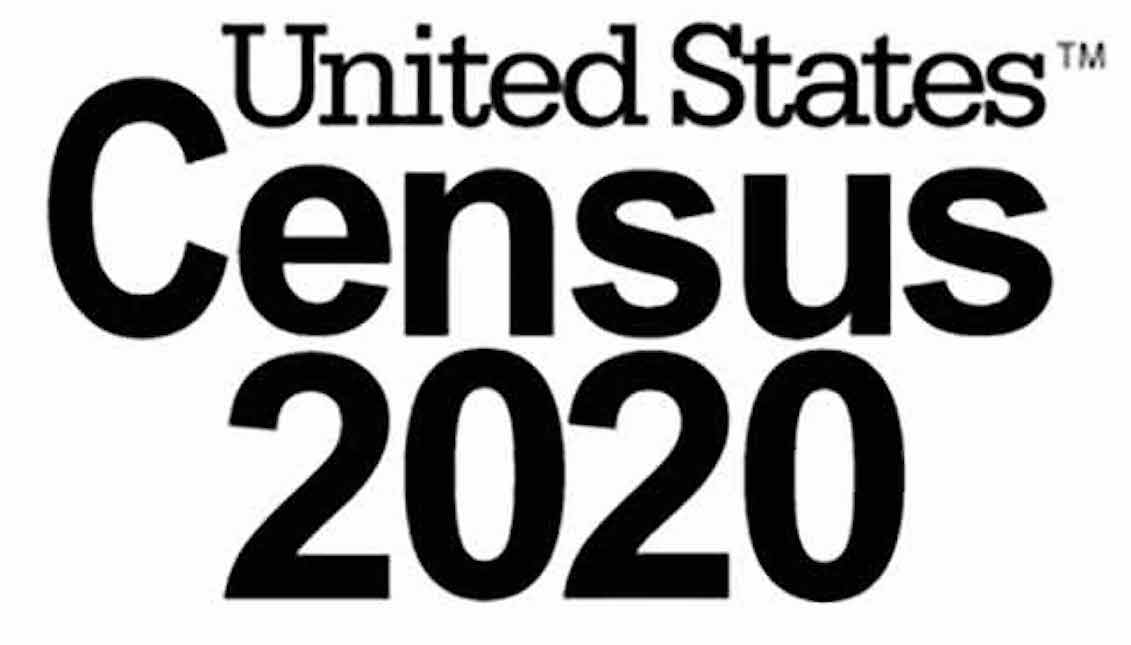
Latino Representatives push back the citizenship question
Latino legislators will not sit idly by the incorporation of the question of citizenship in the Census 2020.
After the Commerce Department announced on Monday the reinstatement of the citizenship question in the 2020 census, the immediate response was that of several legislators and Latino representatives who perceive this move as "a strategy to instill fear in the immigrant communities."
As reported by Latino Rebels, "virtually every national Latino organization is condemning the decision to ask for citizenship in the 2020 Census," including the National Hispanic Leadership Agenda, the Mexican American Legal Defense and Educational Fund (MALDEF) and the National Association of Latino Elected and Appointed Officials (NALEO).
For its part, the Congressional Hispanic Caucus, led by Michelle Lujan Grisham, had been warning about the move, and in a letter dated January 16 this year, they insisted to the Secretary of Commerce, Wilbur Ross, to reconsider the request of the Department of Justice.
"The US Census is completed every ten years to collect data that accurately reflects the total United States population, regardless of citizenship," the text reads. "Census questions undergo years of extensive review, including field testing and feedback from focus groups. Adding an untested question could seriously impair the Bureau's ability to produce an accurate population count and result in increased costs to the Census."
After the Census Bureau measure became official, Lujan Grisham issued a statement highlighting the imminent danger of the new question.
"This is not a common-sense addition to the census, in fact it is a dangerous, alarming and deeply political move, opposed by the American Sociological Association, civil rights groups, six former Census Bureau directors from both Republican and Democratic administrations, more than 161 mayors, 19 state Attorneys General and Members of Congress," the representative wrote. "This is yet another action by the Trump Administration to instill fear in communities and further an anti-immigrant agenda."
Also, the National Immigration Forum turned to Twitter to make it clear that "the citizenship question is data-based fearmongering. The immigrant community, documented or not, will think twice before sharing information with the government."

Adding to the criticism, the House Democratic Caucus wrote that "this move by the Trump Administration strikes at the core of our democracy and is a blatant attempt to stoke fear in immigrant communities. The census should not be used as a political football."
RELATED CONTENT

But the actions have not been reduced to public statements.
Representative Vicente Gonzalez of the 15th District of Texas, announced that local measures would be taken to combat the manner in which the Census will be carried out, "establishing for the first time an office of the Census in the Valley to assure a better counting in the area".
I cannot relay how disappointed I am in @CommerceGov’s decision to reinstate a citizenship question on the upcoming 2020 Decennial #Census. Watch my interview on @KRGV below: pic.twitter.com/q7PGavDecC
— Rep. Vicente Gonzalez (@RepGonzalez) 28 de marzo de 2018
Gonzalez explained that the measure had been requested to the Census Bureau a few months ago and that "hiring local people who know the rural areas - which are often undercounted - will allow reaching that population", thus avoiding the fear of opening the door to a stranger who represents the government.
The White House, meanwhile, has tried to defend its decision by falling into historical inaccuracies (when spokeswoman Sarah Huckabee Sanders said the question "has always been in the Census except in 2010") and "problematic" statements, as reported the Associated Press.
The Department of Commerce stated that "between 1820 and 1950 almost every decennial census asked about citizenship in some form," something the Associated Press has shown is not "exactly right."
For the media, the most worrisome is that, although the government has argued that "the current level of data is insufficient in scope, detail and certainty for use in identifying voting rights violations", for experts on the issue "cite a greater harm to the political rights of minority groups if a citizenship question on the decennial census form dissuades immigrants from participating, resulting in diminished representation in the U.S. House.”










LEAVE A COMMENT: